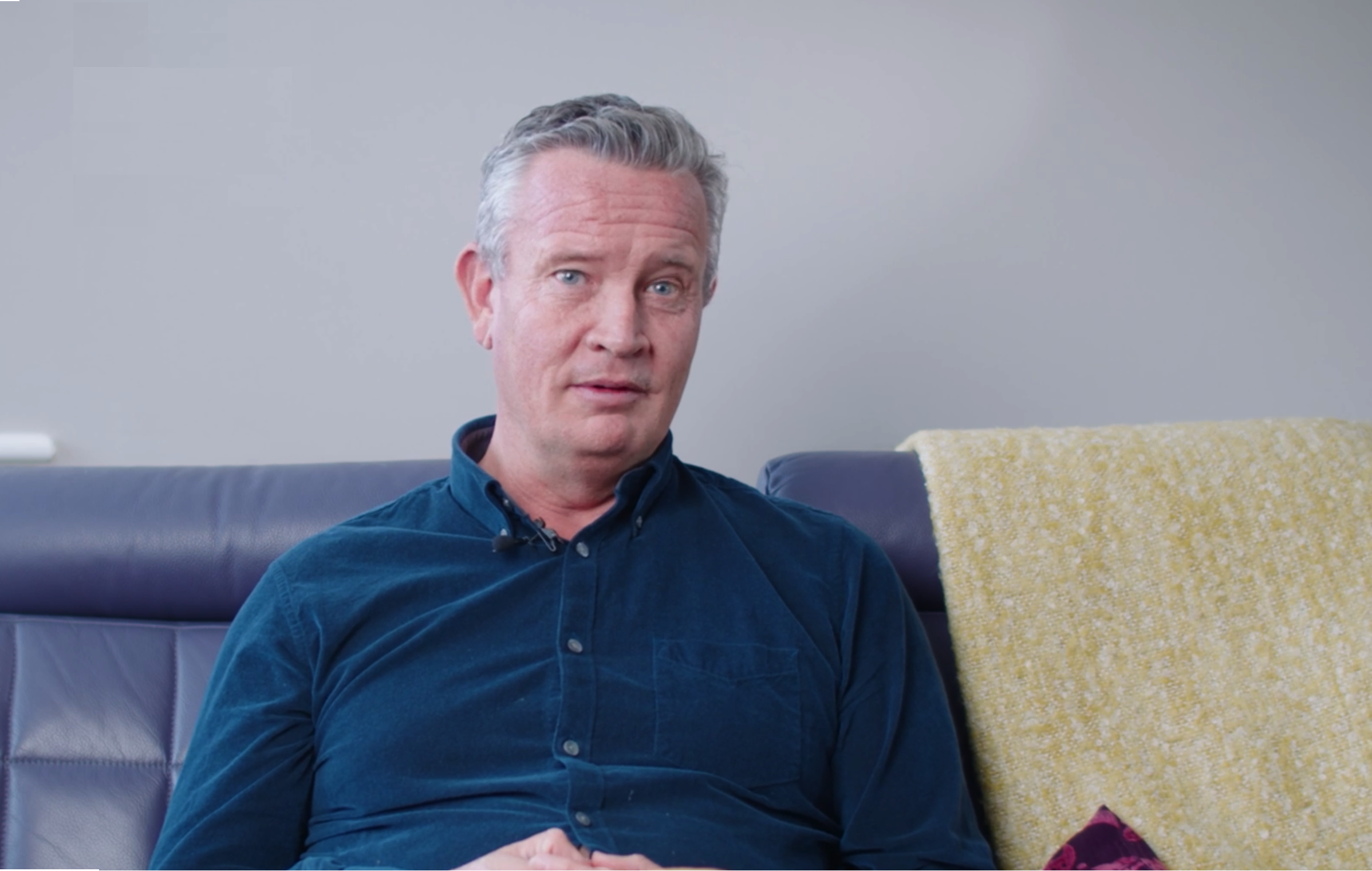Croatia Will Free UK Whistleblower Wanted in Monaco for Revealing Bribery
Photo: Blueprint for Free Speech
A year after being detained in Croatia in what he said was a revenge tactic for reporting bribery at the multinational oil company SBM Offshore where he worked in Monaco, whistleblower Jonathan Taylor will be freed.
Croatia's Justice Minister Ivan Malenica overturned a Supreme Court decision to extradite Taylor, a lawyer, to Monaco where officials wanted to question him. Croatia agreed to hold him initially on an Interpol Red Notice although he was never charged.
"The British Embassy called to say that it had been in touch with the (Croatian) Ministry of Justice ... I'm guessing that I will leave at some point during the week beginning 19 July," he said according to the EUobserver.
It was a mixed decision, however, as Malenica cited only technical reasons for overturning the court's decision that would have sent Taylor to Monaco, but a group of more than 30 NGO's supporting the whistleblower was satisfied.
They said the decision “has wider implications for the rule of law in Europe: it is a victory for the public's right to know about wrongdoing by protecting the messengers of that information”.
The case began in 2013 when Taylor said his Dutch company was conducting a massive bribery scheme which led to the firm being fined more than $800 million in Brazil, The Netherlands and the United States.
Monaco, home to a number of international giants, is considered a tax haven as companies aren't assessed on stock dividends and there is no general corporate income tax.
Taylor was forced to stay in Croatia because “authorities in Monaco sought to extradite him for questioning about claims he demanded money to keep quiet,” the BBC reported earlier.
Monaco accused him of attempted extortion of SBM Offshore in what he and the NGOs said was retaliation, although a Monaco spokeswoman told EUobserver before extradition was barred that Taylor “will be treated with dignity and in all respect of the rights that the law confers to him”.
Nevertheless, Monaco persisted in trying to have Taylor extradited, who was held in Croatia where he had gone on a family vacation, the UK finally reaching out to Croatia's government.
While he said he was under constant duress, he remained steadfast that he had done the right thing despite the experience that could be a chilling effect on other potential whistleblowers.
"I remain resolute and proud of exposing serious wrongdoing at SBM Offshore and I will never be intimidated by the corrupt and those that shamefully seek retaliation," Taylor also said, the report added.
Trevor Kitchen, a whistleblower from the UK who revealed currency manipulation, said: “Jonathan’s year long detention was a violation of his human rights. It’s more proof that the European arrest warrant (EAW) is being abused by those in powerful positions to muzzle Whistle-blowers and stifle truth. His long overdue release is a welcomed victory but a stark reminder that Whistle-blowers are still at serious risk of brutal and senseless retaliation when reporting wrongdoing in Europe.”
Whistleblowing International Network (WIN), a group of whistleblower advocacy organizations that was part of the coalition, urged Monaco “to drop any further proceedings against Jonathan Taylor and to focus on the actions of SBM Offshore as a proper target for their investigations.”
He lost his job and was separated from his wife while in seclusion in Dubrovnik, the BBC said, with the NGO group adding: "He has been isolated, away from his family, and unable to support himself or his family, all of which have taken an extreme toll on his mental wellbeing”.
WIN Executive Director Anna Myers told Blueprint for Free Speech while the UK government only now stepped in to help Taylor that, “The deafening silence of all the prosecuting authorities that relied on Taylor’s evidence in their own investigations does highlight the appalling lack of local commitment to do the hard-work of protecting witnesses and whistleblowers in cross-border corruption cases”.
She said that there's a beneficial side effect to the decision even if it was narrowly based. “Companies and national governments … will now think twice before blindly following the usual legal line of defense and or attack where whistleblowing is part of the picture.”
“But that does not mean they won’t try it on, or get more creative in pursuing whistleblowers whom they want to silence or punish. Civil society advocates must remain vigilant,” she added, lauding the NGO coalition that backed Taylor.

